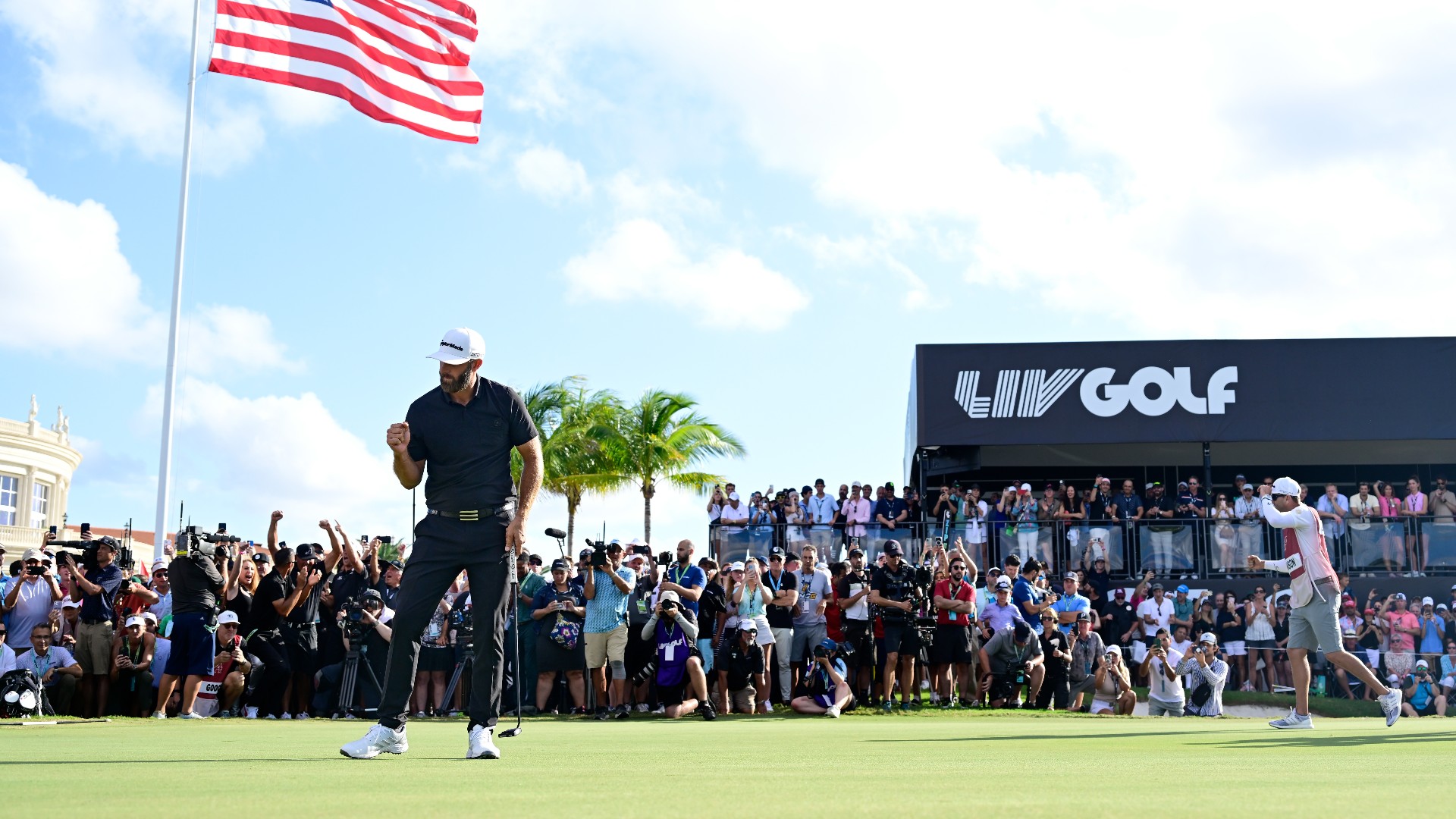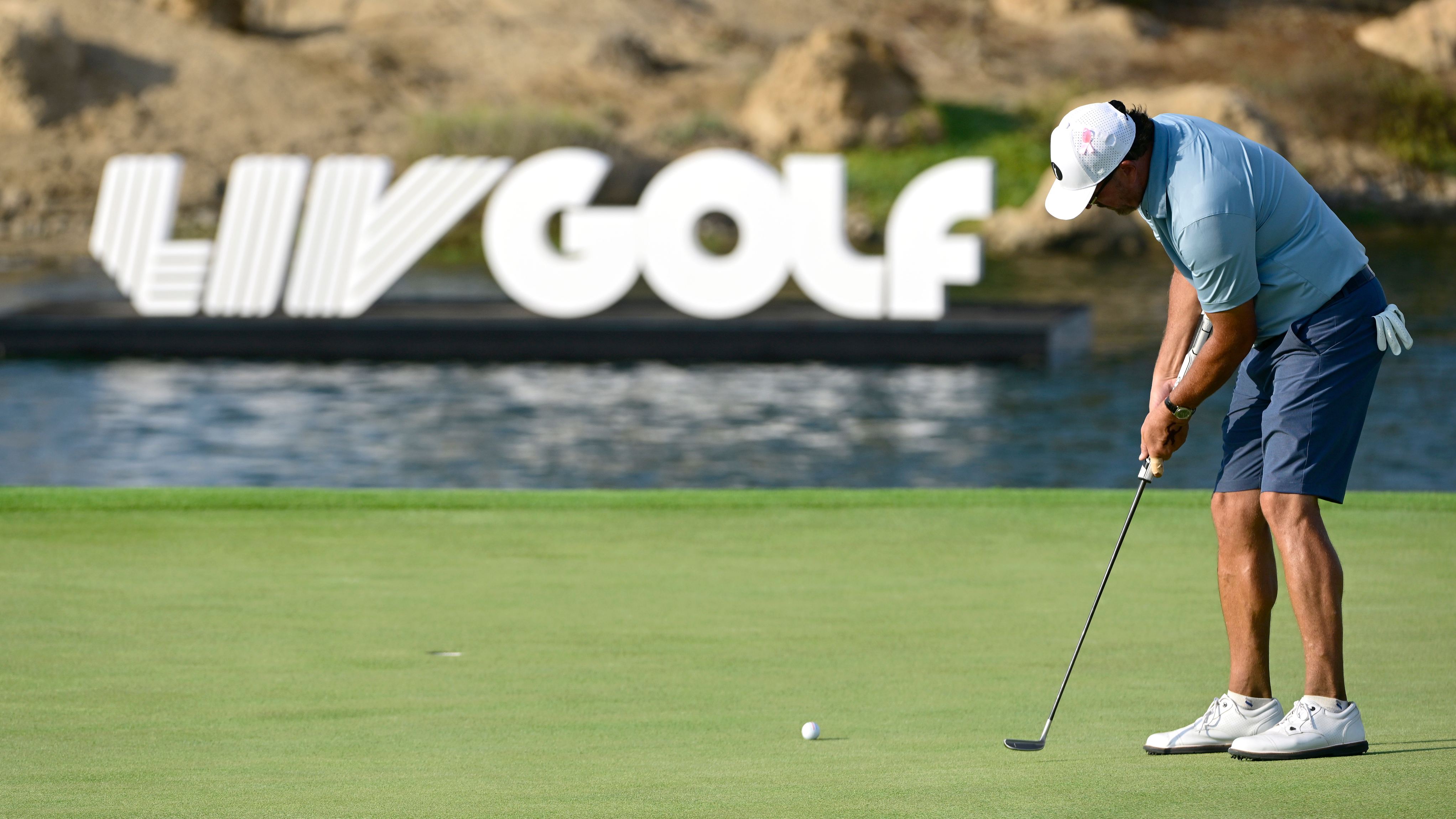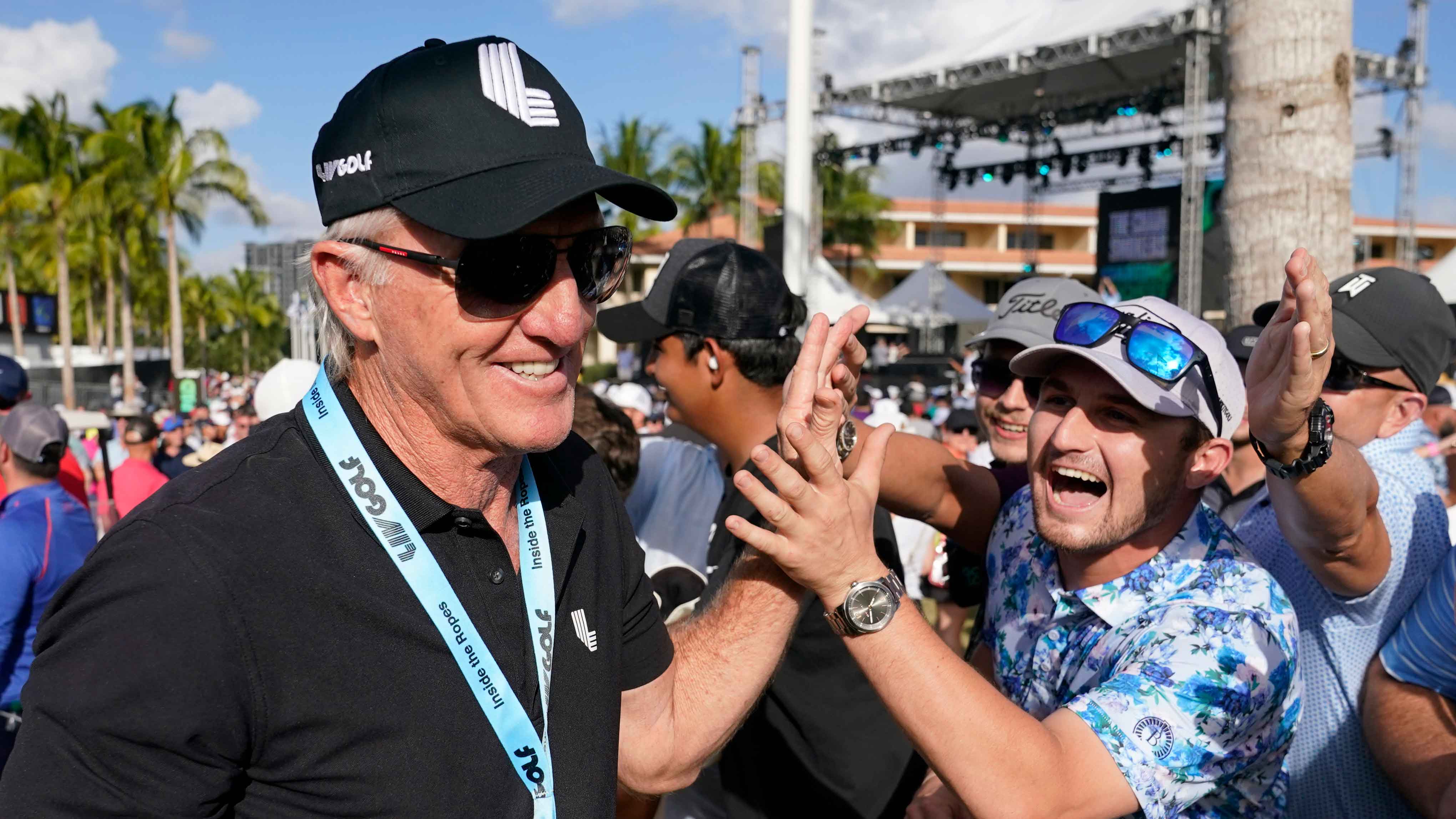The golf world was stunned on Tuesday morning.
In a shocking twist, the PGA Tour announced it would merge with the controversial LIV Golf in order to "unify the game of golf." The merger also includes the DP World Tour, which is the PGA's European Tour.
Tuesday's news answers the question of will LIV Golf survive, as the Saudi-backed tour struggled to maintain relevance despite heavy funding and the signings of star players.
Here's a full breakdown of the merger, including details on LIV Golf and what happens next:
We've got the news you need to know to start your day. Sign up for the First & 4Most morning newsletter — delivered to your inbox daily. >Sign up here.
When did LIV Golf form?
LIV Golf was founded in 2021 before playing its inaugural season in 2022.
The tour was owned by the Public Investment Fund, which is Saudi Arabia's sovereign wealth fund. Two-time major champion Greg Norman served as CEO and the public face of the league.
Why did LIV golfers leave the PGA?
There were a few benefits for players joining LIV Golf.
First and foremost, golfers received massive money from the PIF. Phil Mickelson reportedly signed a $200 million contract to join LIV, while Dustin Johnson ($150 million), Bryson DeChambeau ($125 million), Brooks Koepka ($100 million) and Cameron Smith ($100 million) also reached nine-figure bonuses.
After signing their contracts just to join, players were awarded increased prize money during their tournaments. It was a clear message to the PGA Tour that players felt they were not being compensated fairly.
Beyond just the money, there were several other benefits that players saw with LIV. They played fewer tournaments each year (14 were scheduled for 2023 compared to 47 PGA events), with smaller fields and three rounds instead of four in each tournament.
LIV also utilized shotgun starts, meaning that every player began their round at the same time on different holes -- which meant the days were shorter.
What is the LIV Golf controversy?
The concern about LIV Golf was always about where the money came from.
Saudi Arabia funded the tour. Crown Prince Mohammed bin Salman has been involved in multiple controversies, including human rights violations of his own people, the murder of Washington Post journalist Jamal Khashoggi and the government's alleged involvement in the Sept. 11 attacks in the U.S.
The ethics of players taking money from the country has been debated endlessly since players started defecting. Rory McIlroy and Tiger Woods have both been outspoken against the league, with the latter reportedly turning down between $700 and $800 million to join.
A LIV Golf timeline
The PGA's rival tour is coming to an end but let's look back at some of the highlights over the last two years.
While PGA Tour commissioner Jay Monahan previously condemned LIV Golf and discouraged players from taking their money, the merger seems to be a sellout of sorts. As part of the agreement, the PIF will contribute a "significant financial investment, toward minority equity ownership of a new, collectively held, for-profit LLC." The PIF will make a financial investment to become a premier corporate sponsor of the PGA Tour and DP World Tour.
What happens with PGA and LIV lawsuits now?
As part of the merger, PGA and LIV mutually agreed to end all pending litigation between the parties.
LIV sued the PGA last year for allegedly engaging in monopolistic behavior by creating rules intended to stop golfers from playing in rival leagues. PGA sought subpoenas for a countersuit alleging that LIV illegally pushed players to break contracts with the PGA by offering exorbitant sums of money.
The case was expected to go to trial next May, but that obviously will not happen after the merger.
What happens to PGA and LIV golfers now?
Here's what was said in the official announcement:
"The three organizations will work cooperatively and in good faith to establish a fair and objective process for any players who desire to re-apply for membership with the PGA TOUR or the DP World Tour following the completion of the 2023 season and for determining fair criteria and terms of re-admission, consistent with each Tour's policies."
LIV Golfers were already eligible to play in major championships, so the merger doesn't change anything there. Koepka became the first LIV Golf player to win a major when he triumphed at the PGA Championship last month.




